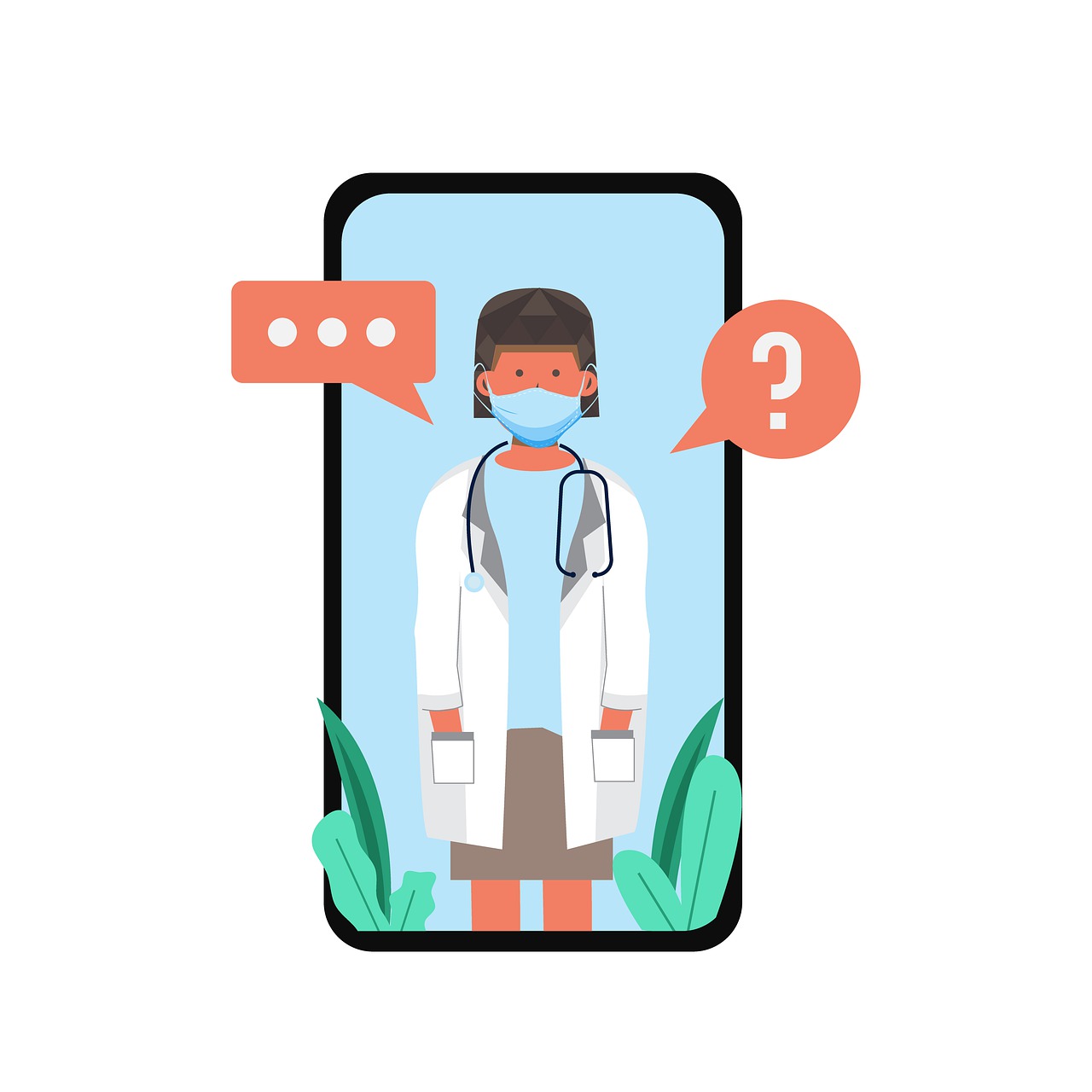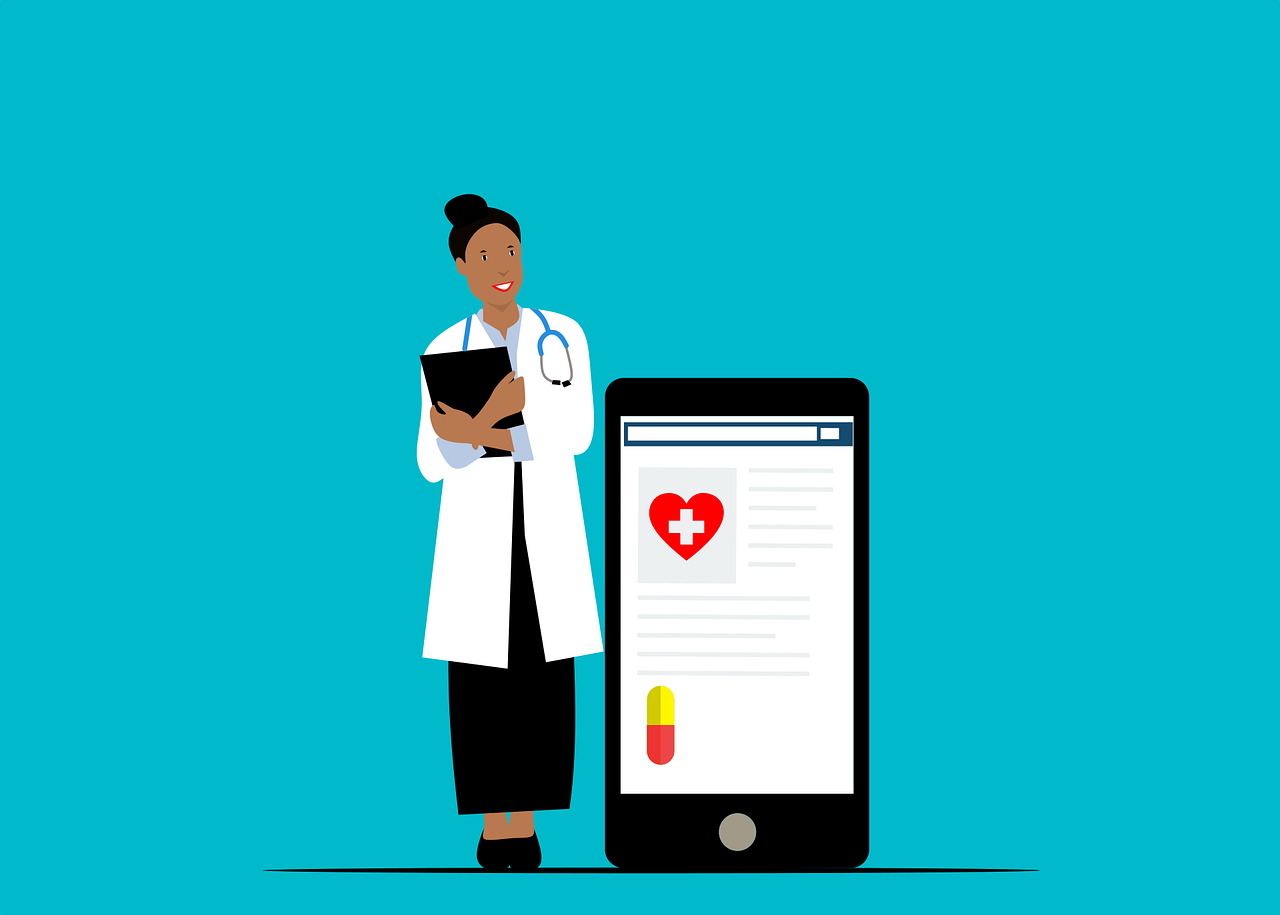Digital technology has transformed nearly every aspect of modern life, and it’s no exception when it comes to healthcare. With such developments as the widespread adoption of smartphones and the increasing popularity of mobile apps, digital marketing is now an essential part of a healthcare provider’s marketing strategy. The implementation of mobile marketing can be a vital tool in engaging patients and enhancing patient experiences at your practice. In this blog post, we will explore the many ways mobile marketing can drive patient engagement at your practice.
Why Is Patient Engagement Important?
Patient engagement is how patients, caregivers, and healthcare providers work together to make good decisions about the patient's healthcare. At the end of the day, it is up to the patient to decide based on the information given. Patients who take an active role in their health care are those who take an active role in their care and make the most of the services health care professionals offer.

Patient engagement has become a way to help patients have better health outcomes and lower the cost of providing healthcare.
Engagement is a key component of effective healthcare marketing. If patients are disengaged with their healthcare providers, it can be difficult to get them to return to your office. In addition to improving patient satisfaction, engagement leads to more appointments and longer visits, which can increase the volume of patients who are treated. In short, engagement is important for keeping your practice profitable: Your practice will make more money if your patients stay with you longer.
Healthcare professionals pay a lot of attention to how involved their patients are. Patients who are engaged are more likely to have a good experience at your practice and have better health outcomes. Technology is helping patients become more interested in their care.
By Which Metrics Can You Measure Patient Engagement?
Engagement metrics can vary depending on the type of engagement you are looking to measure.

When it comes to patient retention and satisfaction, engagement metrics can often be correlated to metrics, including rates of repeat visits and review ratings. Engagement metrics relating to engagement with health apps can often be correlated with usage data and satisfaction ratings . When it comes to the effectiveness of your campaigns, engagement metrics can often be correlated with conversion rates .
Engagement metrics can be tracked manually or with the help of analytics software. For example, you can use scorecards, customized report templates, and dashboards to track metrics like patient satisfaction, appointment rates, and retention rates. You can then use these metrics to inform your campaign strategy and improve the engagement experience for your patients.
How Does Patient Engagement Work With Mobile Marketing?
Mobile marketing has evolved significantly in recent years, and the impact that mobile has on a patient’s life has also grown considerably.

Patients are increasingly using mobile devices to research their symptoms, check their schedule, and stay up-to-date on their health and medical information. This can lead to a greater level of engagement with your practice, increasing the likelihood that they will seek care from you. With more and more people taking their health care into their own hands, mobile marketing can be an important marketing strategy for your practice.
Ways on Implementing Mobile Marketing to Medical Practice
When implementing mobile marketing, it’s important to consider the goals that you have for your campaign. The type of engagement that you are hoping to achieve will determine the strategies that you will use:
Push Notification
If you want to drive patient retention, you should include push notifications. You can use push notifications to remind patients about upcoming appointments and remind them about relevant medical information.
In-app Ads
If you want to increase customer satisfaction, you should use in-app ads to offer convenient features and provide information about your practice, such as ordering medical records. With

the rise of medical health apps, patients can now track their health and get care in a way that works for them. Apps for patients make it possible to keep track of and interact with patients between visits. They also make it easier for patients to share their own health data.
Remote Health Monitoring
Remote patient monitoring is when digital tools are used to collect health data from patients who aren't at the hospital, like those who are getting care at home, and send it to the healthcare provider so they can evaluate it. Most of the time, these tools are used to manage long-term illnesses or to improve follow-up care and patient satisfaction through engagement. Patients can get to their health data through mobile technology, patient health portals, and personal health records. This gives patients the chance to put all of their health data in one place.

Telehealth
Telehealth and telemedicine make it possible for patients and providers to meet using mobile technology like video conferencing. This makes it easier for people to get the care they need. The main reason for telehealth is to make it easier for patients to talk to providers from a distance. Telehealth makes it easier for patients to get the care they need when they need it, which not only makes them satisfied but also more involved.
Results of Effective Mobile Marketing
- Improved patient retention - When patients are happy with their experience and engaged with your practice, they are more likely to stay with you. Using push notifications and in-app ads to provide relevant information and convenience features can increase patient retention, leading to more appointments and longer visits.
- Improved Patient Experience - Engaging patients can lead to a more positive experience for both patients and their physicians.

Improved customer satisfaction can lead to increased loyalty and repeat visits, which can help to fill your practice with new patients.
- Improved Customer Retention - When patients are more satisfied with their experience with your practice, they are more likely to stay with your practice. Improved customer retention can lead to higher profits and fewer costs associated with attrition.
- Increased Visits - When patients are engaged, they are more likely to visit your practice. Engaging patients can lead them to your practice, increasing the likelihood that they will seek care from you.
Conclusion
Mobile marketing has grown in popularity in recent years, and its impact on patient engagement has also increased significantly. With the growth of mobile usage comes the need for providers to take advantage of this new technology.
With a wide range of ways to implement mobile marketing and engagement metrics that can be often correlated with other metrics, it's easy to see the benefits of launching a mobile campaign.Engaged
patients are more likely to seek care from your practice, which can boost overall revenue and lead to improved patient retention and satisfaction.
 Add Row
Add Row  Add
Add 




Write A Comment